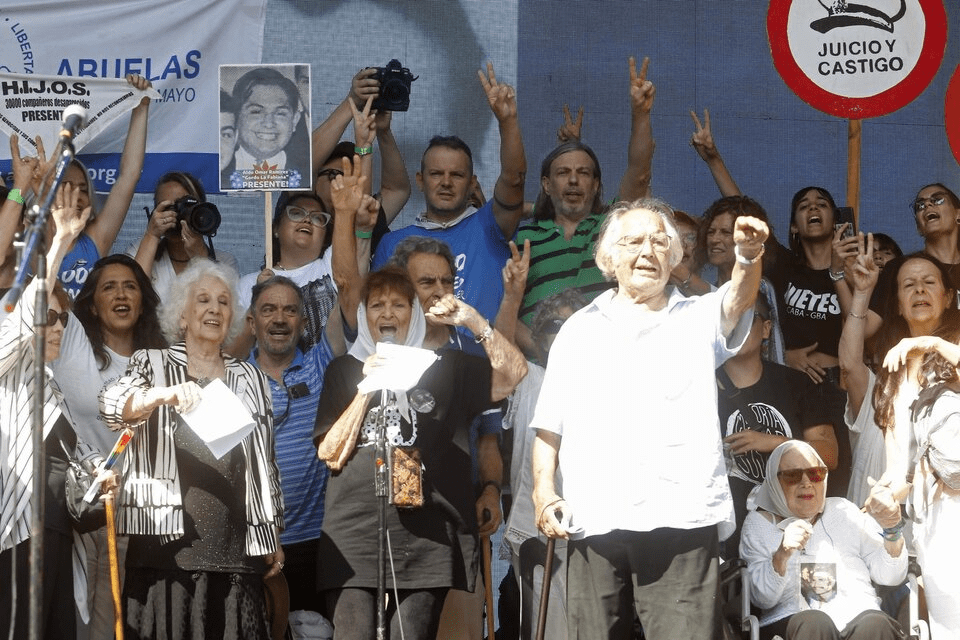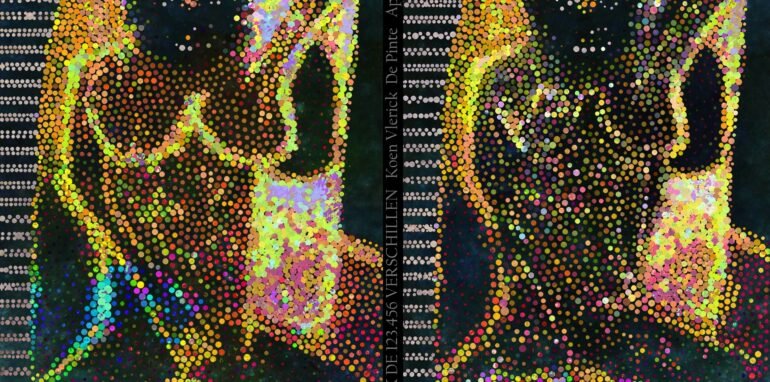(Special address to the joint doctoral seminar On reproduction. Reimagining the political ecology of urbanism Ghent, 09.02.2018 – proposal for ‘curating the library of the ampersand’ – [meaning the sign of & between Urbanism and Urbanisation in the interuniversity network of that name: U&U])
The term reproduction in the sense of the metabolism necessary for the maintenance of life, of humans, of the city, forms an integral part of productivism that was rampant in the industrial age and that was shared by both capitalists and Marxists. With his book Le miroir de la production (The mirror of production – from 1972), Jean Baudrillard criticized this productivism fundamentally, and whoever reads that book will give up using the term lightly. Baudrillards critique was of course, fueled by Debord and situationism, Bataille and anthropology (Notably Mauss theory of the gift).
Although it must be said that Marxism and leftist theory in general was not cured from its fetishism of production (as is clear from the creative producers of Negri and Hardt for instance).
Let me quote a few passages from the opening pages: “The critical theory of the mode of production does not touch the principle of production. All the concepts that are articulated, describe the dialectical and historical genealogy of the contents of production, leaving production as a form intact. “And then:” It is the leitmotif of the system and of the radical contestation – such a consensus on the terms is highly suspicious ‘.
Against this productivism Baudrillard first suggested seduction (De la séduction, 1979) rather frivolous but very accurate, and later simulation and simulacra (Simulacres et simulation, 1985). Society, the culture is not so much the production of goods but an accumulation of simulacra (the symbolic and imaginary order). So The mirror of production is pivotal in Baudrillard oeuvre. A good reason in itself to add to your library.
In my opinion, the term reproduction is also part of this fundamental productivism which capitalism and Marxism (or the leftist theoretical tradition) unfortunately share. (In addition, reproduction, of course, means a reproduction is a copy, so it can only cause confusion among the general public.)
A discourse on reproduction can not but start and end with a critique of (re) production and productivism, which always leads to extractivism and primitive accumulation, or even worse: presupposes it. I refuse to see eating, drinking or sleeping, let alone reading, speaking, playing and make love, as reproduction, in whatever sense. Procreation / recreation / co-creation and so on are already much better. Or: care. Maintenance. Metabolism. All of them better terms. Life processes, metabolism, social metabolism, etc, there must be terms that are much closer to what is being sought here, and perhaps there is a term that carries it all, without that tedious and, in my opinion, outright mistaken conception of the city and urbanism as reproduction.
Culture, even agriculture is not reproduction, but is always meaningful. That is why food is tastier when we eat together and therefore perform an anthropological basic gesture: sharing food. A practice of commoning. That is all self-evident in fact, but we must realize that we are (perhaps more than ever?) bewitched by ideologically charged words and concepts, and that these terms are performative. Production and reproduction belong to the industrial age of unsustainable growth. High time to think differently.
The order of production is the order of postponement, just like reproduction presupposes the realm of scarcity. The progress or even the perfect society to be realized by capitalism, progress or the revolution is always coming, in an eternal postponement. Against the fixation of production on accumulation and reproduction on deficit (hence the labor, the circle of metabolism), Baudrillard (towards the end of the book, rather predictably,) puts the order of the revolt, of the feast, of the seduction, of the game. The party, the utopia is the not-place that takes place here, the now or never, the separation between present and future must be undone, that is what time and again happens in the feast as a utopian moment or in the utopian moment as a feast. That utopia only exists in the here and now is also the solved riddle of utopia.That is what happens, one could add, in heterotopia, time and again. In the here and now of the ritual, the game, the process, the performance, the exhibition etc.
So down with (re) productivism, with postponement, with saving and scarcity, long live the practices of sharing, of commoning, of care, of reciprocity and redistribution, and especially of course the feast, the abundance of sharing. Hence: Ne pas oublier Jean Baudrillard et son miroir. If we have to re-imagine the political ecology of the urbanism and the metabolism of city, we should not forget Baudrillard and his looking glass. (Thank you).

















